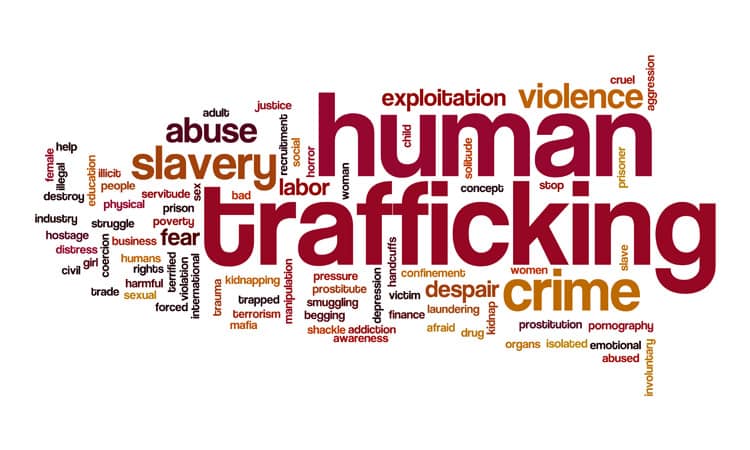23 Oct Balancing Act
 Imagine you are a young girl living in poverty. Someone comes in and promises hope for your future, a better life for you and your family. You take that opportunity, only to learn that you were tricked. You find yourself being a commodity of a trafficker, and you are forced to do many things against your will. You suffer for years, then one day finally escape that life. You live in a shelter, you try to figure out the way forward, you do your best putting the pieces together. Now imagine you are asked to tell your story to a group of people so that they may better understand what trafficking is, and how this happened to you. You are asked to share so others may be able to escape and get help.
Imagine you are a young girl living in poverty. Someone comes in and promises hope for your future, a better life for you and your family. You take that opportunity, only to learn that you were tricked. You find yourself being a commodity of a trafficker, and you are forced to do many things against your will. You suffer for years, then one day finally escape that life. You live in a shelter, you try to figure out the way forward, you do your best putting the pieces together. Now imagine you are asked to tell your story to a group of people so that they may better understand what trafficking is, and how this happened to you. You are asked to share so others may be able to escape and get help.
What a tough spot for someone who has already been through hell. Imagine what she would feel like telling her story, the vulnerability, the shame, the guilt, the embarrassment. Imagine how triggering it would be to share the worst part of your life with people who don’t get it. Imagine that telling that piece of her story allows it to become even more of her identity. This is the harm that re-exploitation causes to survivors of human trafficking. This is why the balancing act is so important for Empower Her Network, and why we put our survivors’ interests first when telling their stories.
As a not for profit, Empower Her Network relies on donations to fund programs that provide resources for ready survivors of human trafficking on their path to independence. To do so, we educate donors on victims’ realities, how it happens, and the potential to take action. This knowledge-base is essential to empowering and motivating communities to effectuate change.
But for survivors, telling and retelling their story can be further traumatizing, as well as put them at risk. As EHN board member and human trafficking expert Kim Mehlman-Orozco, Ph.D., warns, “Too often, survivors face secondary exploitation in their experiences with service providers.” Claudia Cojocaru is a human trafficking survivor and a leading scholar in the concept of secondary exploitation, who believes in the importance of survivors “regain[ing] control over [their] representations and identities.”
As a clinician, I know that coping in the now doesn’t necessarily mean survivors need to relive their trauma. In fact, the type of trauma survivors of human trafficking have been through affects every part of who they are: physical health, psychological and emotional wellness, coping and healing ability, worldview, etc. Often times therapy around this takes years. The idea of “getting over” trauma only makes sense to those who haven’t experienced it. There is no such thing as “getting over,” and “getting through” dark times still means the experience remains a part of us.
Empower Her Network is proud to take a trauma-informed and survivor-oriented approach in sharing information. It is an important balancing act to master and we are committed to doing so.

